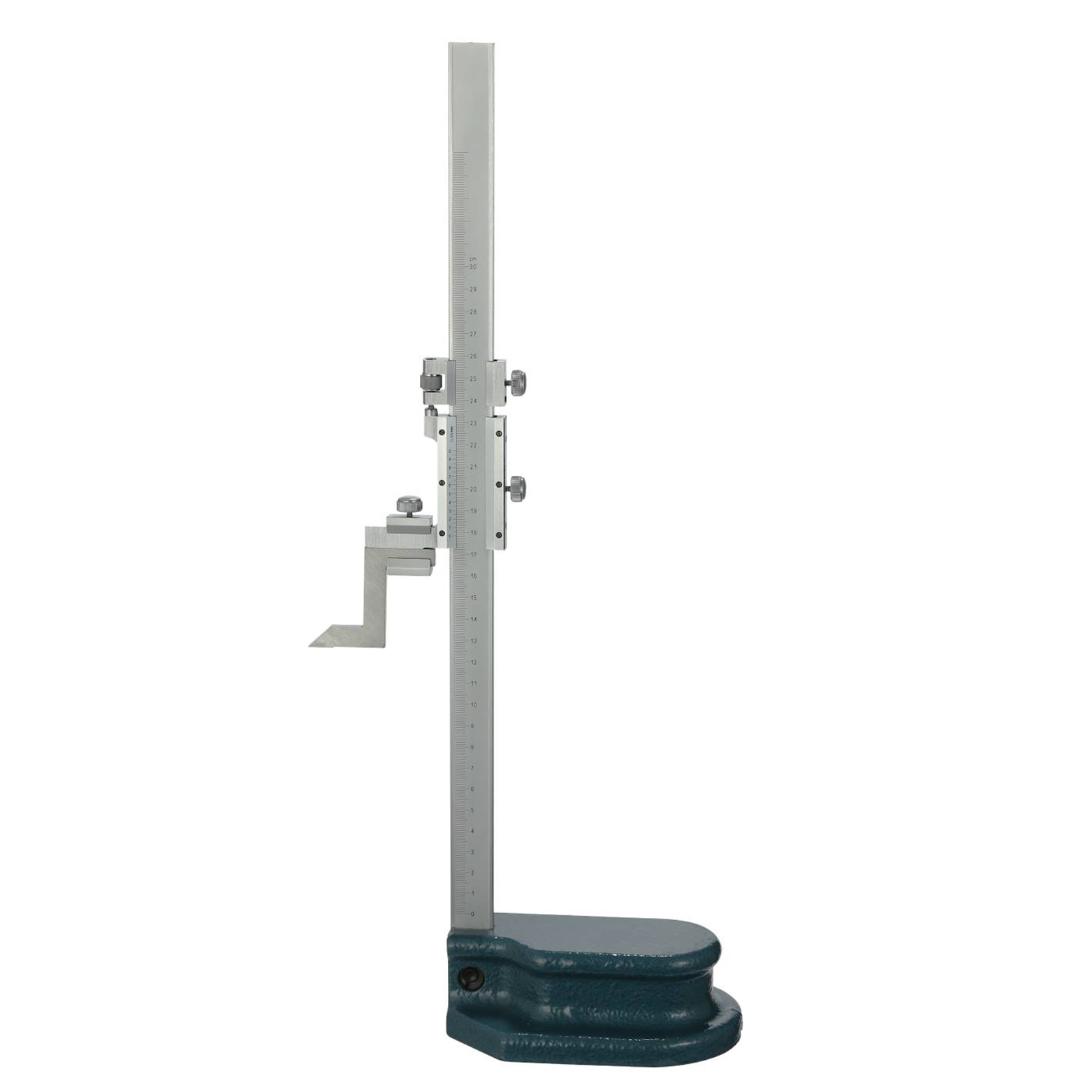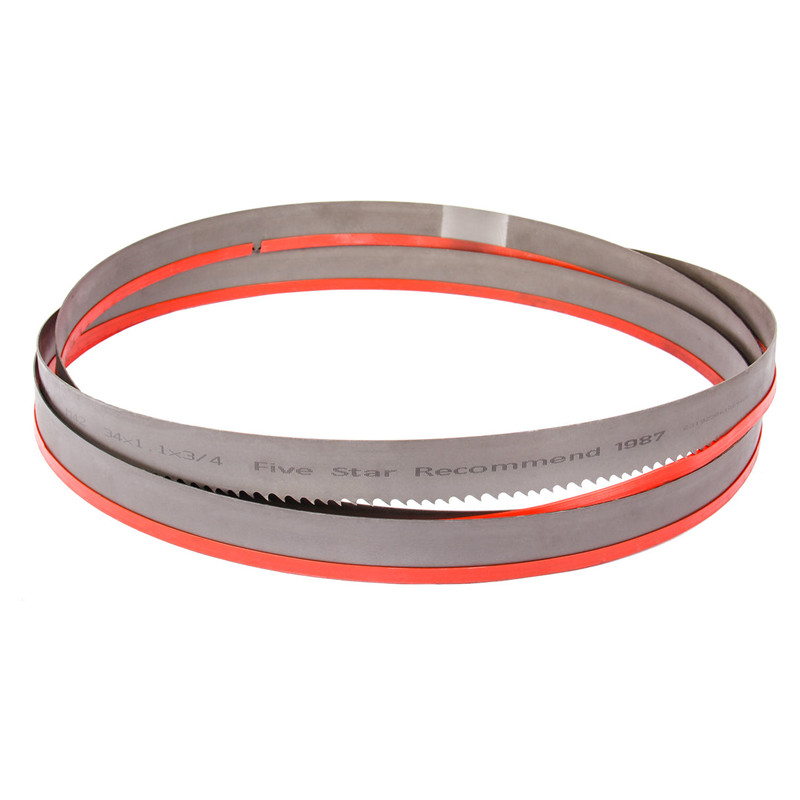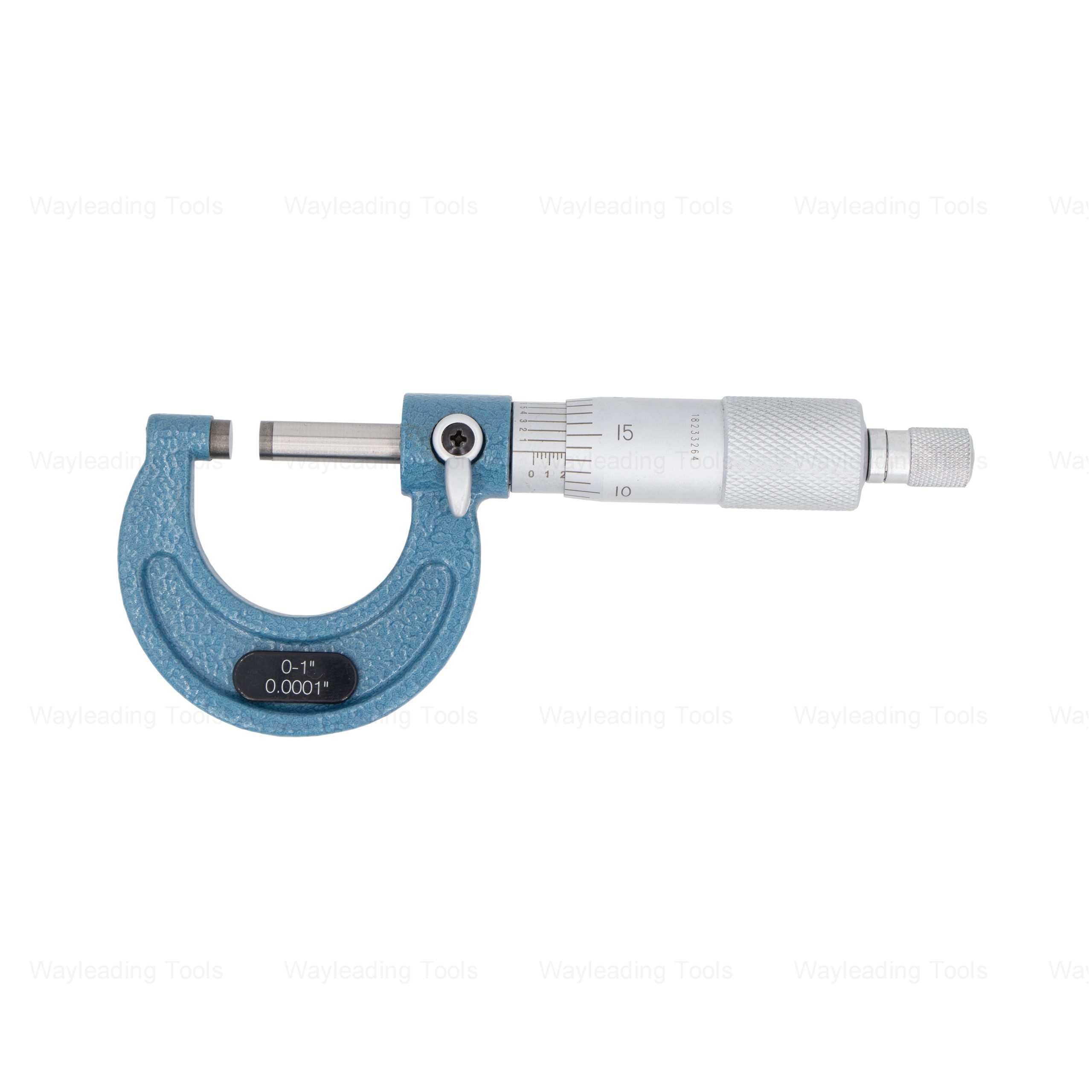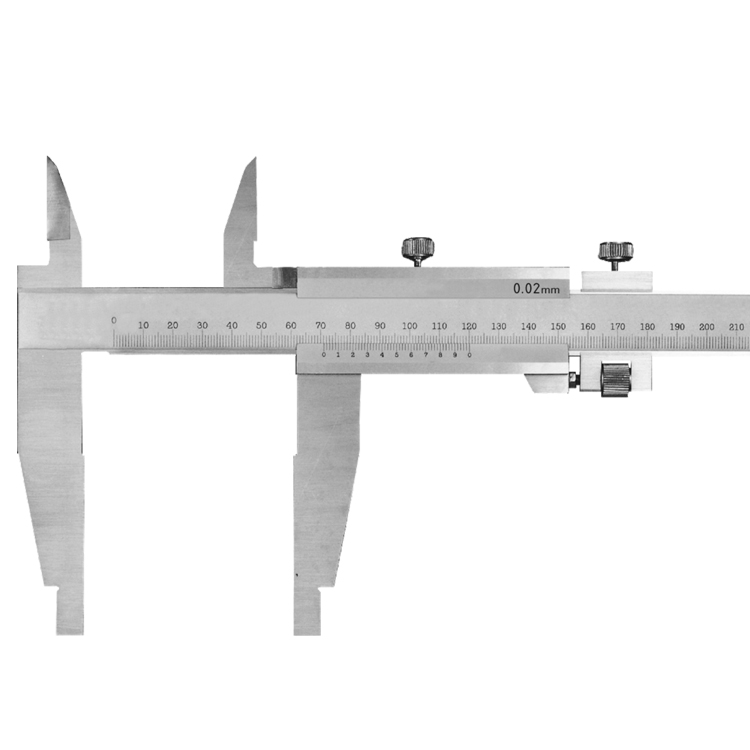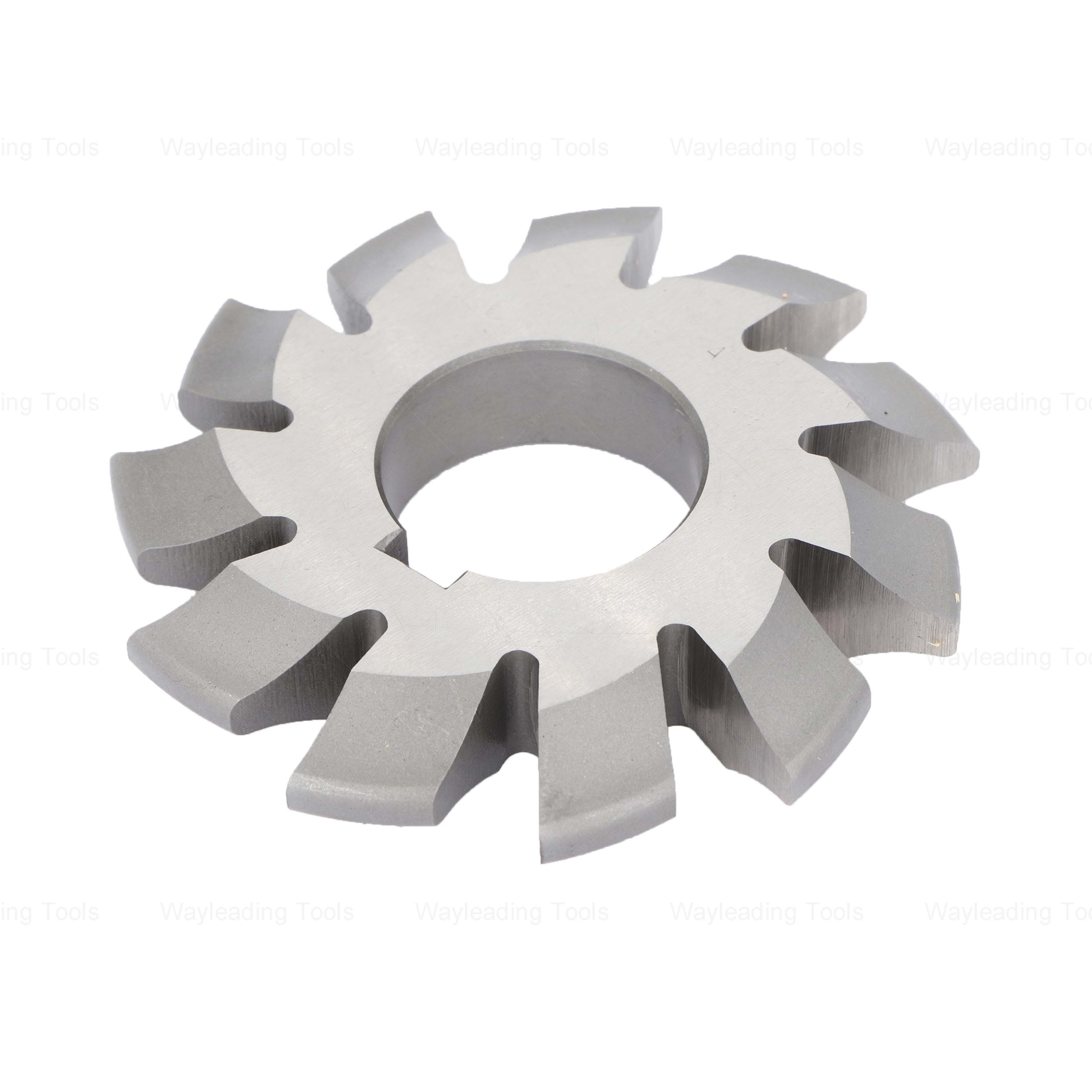end mill set Factory
Choosing the right end mill set factory is crucial for ensuring the quality, precision, and efficiency of your machining operations. This comprehensive guide provides insights into selecting a reliable end mill set factory, understanding key factors in end mill production, and maximizing the value of your investment. Learn about the different types of end mills, quality control measures, and the importance of customization options to meet your specific manufacturing requirements.
Understanding End Mills: A Comprehensive Overview
End mills are essential cutting tools used in milling machines and CNC machining centers to remove material and create desired shapes in various materials, including metals, plastics, and wood. Selecting the appropriate end mill set is critical for achieving optimal performance and precision.
Types of End Mills
Different types of end mills are designed for specific applications and materials. Here are some common types:
- Flat End Mills: Ideal for general-purpose milling, slotting, and profiling.
- Ball End Mills: Used for creating curved surfaces, contours, and complex 3D shapes.
- Corner Radius End Mills: Feature a rounded corner for improved edge strength and reduced chipping.
- Roughing End Mills: Designed for rapid material removal with aggressive cutting action.
- Tapered End Mills: Used for machining tapered features and draft angles.
Key Considerations When Choosing an End Mill Set Factory
Selecting the right end mill set factory is a critical decision that impacts the quality, performance, and cost-effectiveness of your machining operations. Here are key factors to consider:
Manufacturing Capabilities and Expertise
Assess the factory's manufacturing capabilities, including its equipment, technology, and expertise in producing high-quality end mills. A reputable end mill set factory should possess advanced CNC machines, grinding equipment, and quality control instruments.
Wayleading Tools, a trusted name in cutting tool manufacturing, boasts state-of-the-art facilities and a team of experienced engineers dedicated to producing precision end mills. You can find more information on their capabilities at www.wayleading.com.
Material Selection and Quality Control
The quality of end mills depends on the materials used and the strictness of quality control processes. Look for a end mill set factory that uses high-grade materials such as high-speed steel (HSS), carbide, or cobalt. Ensure the factory has rigorous quality control measures at each stage of production, from raw material inspection to final product testing.
Customization Options
Many machining applications require specialized end mills with specific dimensions, geometries, or coatings. Choose a end mill set factory that offers customization options to meet your unique requirements. This includes the ability to modify:
- Diameter
- Length
- Flute Count
- Helix Angle
- Coating Material
Cost-Effectiveness
While quality is paramount, cost-effectiveness is also a crucial factor. Compare prices from different end mill set factories, but don't compromise on quality for the sake of saving money. Consider the long-term value of durable, high-performance end mills that reduce downtime and improve machining efficiency.
Lead Times and Delivery
Ensure the end mill set factory can meet your required lead times and delivery schedules. This is especially important if you have urgent projects or tight deadlines. A reliable factory should have efficient production processes and logistics capabilities.
Quality Control Measures in End Mill Production
Stringent quality control measures are essential for ensuring the reliability and performance of end mills. Here are some common quality control steps:
- Raw Material Inspection: Verifying the quality and composition of raw materials to meet specified standards.
- Dimensional Inspection: Measuring the dimensions of end mills using precision instruments to ensure they meet tolerances.
- Hardness Testing: Assessing the hardness of the end mill material to ensure it is within the required range.
- Surface Finish Inspection: Examining the surface finish of end mills to ensure it is smooth and free from defects.
- Cutting Performance Testing: Evaluating the cutting performance of end mills under simulated machining conditions.
Benefits of Using High-Quality End Mill Sets
Investing in high-quality end mill sets offers numerous benefits:
- Improved Machining Accuracy: High-precision end mills ensure accurate and consistent machining results.
- Increased Cutting Efficiency: Sharp, durable end mills remove material faster and more efficiently.
- Reduced Tool Wear: High-quality materials and coatings extend the lifespan of end mills, reducing the need for frequent replacements.
- Enhanced Surface Finish: Properly designed end mills produce smooth and clean surface finishes, minimizing the need for secondary operations.
- Lower Overall Costs: While high-quality end mills may have a higher upfront cost, they can reduce overall costs by improving efficiency, reducing downtime, and minimizing scrap rates.
End Mill Coatings: Enhancing Performance and Longevity
Coatings play a crucial role in enhancing the performance and lifespan of end mills. Common coatings include:
- Titanium Nitride (TiN): A general-purpose coating that improves wear resistance and cutting speed.
- Titanium Carbonitride (TiCN): Offers higher hardness and wear resistance than TiN, making it suitable for abrasive materials.
- Aluminum Titanium Nitride (AlTiN): Provides excellent heat resistance and is ideal for high-speed machining of hard materials.
- Diamond-Like Carbon (DLC): Reduces friction and improves tool life in non-ferrous materials.
Choosing the Right End Mill Set for Your Application
Selecting the appropriate end mill set depends on various factors, including:
- Material to be Machined: Different materials require different end mill types and coatings.
- Machining Operation: The type of machining operation (e.g., milling, slotting, profiling) determines the appropriate end mill geometry.
- Machine Tool Capabilities: The capabilities of your milling machine or CNC machining center influence the selection of end mills.
- Desired Surface Finish: The desired surface finish dictates the required end mill geometry and cutting parameters.
Table: Comparing Common End Mill Materials
| Material | Hardness (HRC) | Heat Resistance | Application | Cost |
|---|---|---|---|---|
| High-Speed Steel (HSS) | 62-65 | Low | General-purpose machining, soft materials | Low |
| Cobalt HSS (HSCO) | 64-67 | Medium | Harder materials, higher cutting speeds | Medium |
| Solid Carbide | 70-90 | High | High-speed machining, abrasive materials | High |
Data source: Sandvik Coromant
Conclusion
Choosing the right end mill set factory is a strategic decision that requires careful consideration of manufacturing capabilities, material quality, customization options, and cost-effectiveness. By following the guidelines outlined in this article, you can find a reliable partner that provides high-quality end mill sets to optimize your machining operations and achieve your manufacturing goals. Remember to visit Wayleading Tools for a wide range of precision cutting tools.
Related products
Related products
Best selling products
Best selling products-
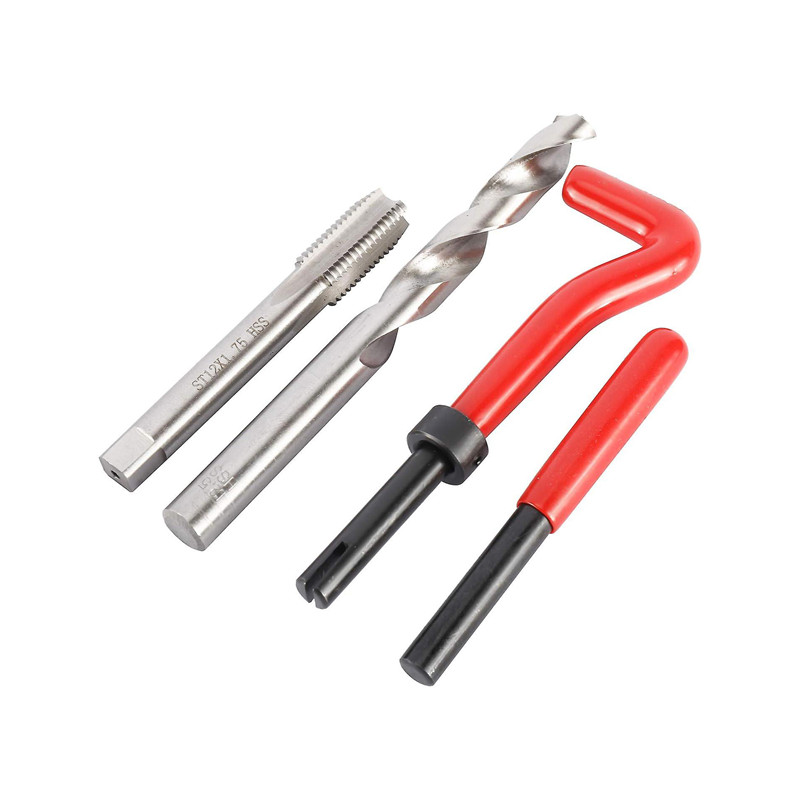 131PCS Thread Repair Set And Helicoil Type Thread Repair Set
131PCS Thread Repair Set And Helicoil Type Thread Repair Set -
 Round Die Wrench For Thread Cutting Tools
Round Die Wrench For Thread Cutting Tools -
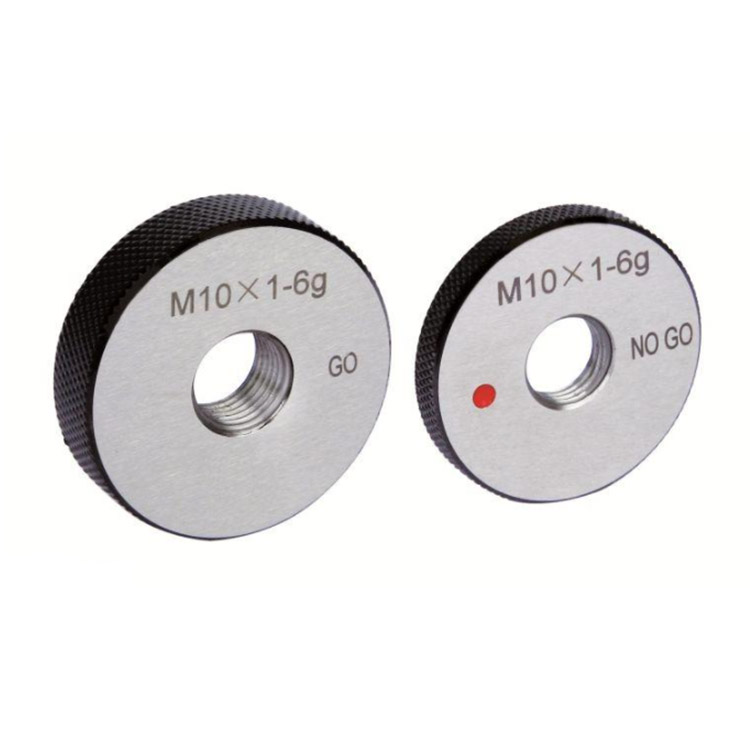 Metric Thread Ring Gauge 6g Accuracy With Go & NO Go
Metric Thread Ring Gauge 6g Accuracy With Go & NO Go -
 Digital Depth Gauge With Stainless Steel For Industrial Type
Digital Depth Gauge With Stainless Steel For Industrial Type -
 CCMT Turning Insert For Indexable Turning Tool Holder
CCMT Turning Insert For Indexable Turning Tool Holder -
 Precision V Block And Clamps Set With Heavy Duty
Precision V Block And Clamps Set With Heavy Duty -
 HSS Metric & Inch Dovetail End Mill With 45 And 60 Degree For Industrial
HSS Metric & Inch Dovetail End Mill With 45 And 60 Degree For Industrial -
 Precision Monoblock Vernier Caliper – Metric & Inch, Industrial Use
Precision Monoblock Vernier Caliper – Metric & Inch, Industrial Use -
 Plain Back ER Collet Fixture With Lathe Collet Chuck
Plain Back ER Collet Fixture With Lathe Collet Chuck -
 Metric HSS Step Drills With Straight Flute
Metric HSS Step Drills With Straight Flute -
 HSS Metric Plain Metal Slitting Saws For Industrial
HSS Metric Plain Metal Slitting Saws For Industrial -
 HSS Threading Taps – ISO 529, Straight Flute, Spiral Flute & Spiral Point
HSS Threading Taps – ISO 529, Straight Flute, Spiral Flute & Spiral Point


